It’s 2026, and the payments industry is evolving faster than ever. Businesses today aren’t just competing on price or product — they’re competing on how easily customers can pay. Whether it’s an e-commerce brand, a SaaS platform, or a small business accepting recurring payments, payment processing has become the backbone of customer experience and trust.
Among the rising stars in this evolution is eCheck payment processing, a digital version of traditional check payments that blends familiarity with innovation. As card fees rise and ACH payments gain momentum, eChecks are quietly emerging as one of the smartest, most cost-effective, and secure ways to move money in 2026.
Why eCheck Payment Processing Is Making a Comeback
For years, credit cards and digital wallets dominated online payments. But now, eCheck payment processing is capturing attention because it fills a major gap — low-cost, bank-to-bank transfers without card networks.
According to recent data from NACHA (2025), ACH transactions — which include eChecks — grew by 12% year-over-year, reaching over $90 trillion in value. Businesses are turning to eChecks not as an alternative, but as a strategic move to streamline cash flow, reduce fees, and build payment flexibility.
Here’s why businesses are adopting eChecks:
- Lower Fees: eCheck transactions typically cost a fraction of card processing — often between 0.5% to 1% versus 2.9% or higher for cards.
- Faster Processing: Modern eCheck systems can clear funds within 1–2 business days.
- Recurring Payment Friendly: Perfect for subscription models, membership fees, or utility billing.
- Reduced Chargebacks: Unlike credit cards, eChecks rely on bank verification, reducing fraudulent reversals.
In short, eCheck payment processing bridges tradition and technology, offering security and convenience in one simple digital step.
The Role of Merchant Services in the eCheck Revolution
Merchant services have traditionally focused on helping businesses accept credit and debit card payments. But the landscape has changed dramatically. The modern merchant service provider now acts as a complete payment ecosystem partner — integrating ACH, eChecks, mobile payments, and fraud prevention tools into one platform.
Here’s how today’s merchant services empower businesses with eCheck capabilities:
- Unified Dashboards: Merchants can view, manage, and reconcile eCheck and card payments from a single platform.
- API Integration: Seamless connectivity with online stores, CRMs, and accounting tools like QuickBooks or Salesforce.
- Custom Payment Links: Businesses can send secure payment requests via email or text.
- Automated Recurring Billing: Perfect for subscriptions, tuition, or B2B invoicing.
This evolution means that payment processing is no longer just about transactions — it’s about creating a frictionless financial flow that supports customer retention and operational efficiency.
How eCheck Payment Processing Works in Modern Payment Systems
While the concept of eChecks may sound old-school, the technology behind it in 2026 is far from outdated. Here’s a quick look at how it works today:
- Customer Authorization: The customer enters their checking account number and routing number online.
- Digital Verification: Advanced fraud tools verify ownership and balance instantly.
- ACH Network Transfer: Funds are transferred securely through the Automated Clearing House (ACH) network.
- Settlement: The merchant receives funds directly into their account, typically within 1–2 days.
Unlike card transactions that rely on intermediaries, eCheck payments move money directly between bank accounts, minimizing friction and cost.
Industries Benefiting Most from eCheck Payment Processing
While eChecks can benefit nearly any business, some industries are seeing particularly strong results:
1. Subscription & Membership Businesses
Gyms, clubs, and digital subscription platforms leverage recurring eCheck payments to reduce card declines and expired accounts.
2. Real Estate & Property Management
Landlords and real estate firms use eChecks for rent collection, avoiding credit card surcharges and paper check delays.
3. B2B and High-Ticket Sales
For large invoices, eChecks eliminate the 3% card fee — saving thousands annually while maintaining secure payments.
4. Healthcare & Professional Services
Clinics, dentists, and law firms benefit from secure and HIPAA-compliant eCheck payments, reducing administrative overhead.
Security and Compliance: The Core of Modern Payment Processing
As digital payments expand, so do the risks. But eCheck payment processing has kept pace with rigorous security standards.
Key safeguards include:
- NACHA Compliance: Every transaction follows the strict ACH operating rules for authorization and verification.
- Encryption & Tokenization: Sensitive banking data is encrypted during every transfer.
- Real-Time Fraud Detection: AI-driven systems flag anomalies before a transaction is completed.
- Digital Signatures: Provide legal protection for both parties during authorization.
This commitment to security means eChecks are now one of the most trusted payment processing methods among high-risk merchants and regulated industries.
Trends Defining eCheck Payment Processing in 2026
The future of payment processing is being redefined by automation, AI, and instant settlements.
Here’s what’s trending right now:
- Instant ACH Payments: With the rise of real-time payment rails, eCheck deposits are moving closer to instant fund availability.
- AI-Driven Verification: Machine learning detects suspicious activities in milliseconds, improving trust.
- Cross-Border Capabilities: eChecks are now expanding into global B2B markets, offering international ACH alternatives.
- Integrated Merchant Services: Unified payment systems are giving businesses a single source of truth for all financial operations.
- Embedded Finance Models: Platforms are embedding eCheck options directly into CRMs, invoicing tools, and accounting software.
These innovations are shaping the next phase of digital payment evolution, where speed, security, and smart automation intersect.
Conclusion: eChecks — The Smarter Foundation for Tomorrow’s Payments
As 2026 unfolds, eCheck payment processing has become more than an alternative; it’s a competitive advantage. For merchants, it represents lower costs, higher efficiency, and a secure way to move funds without depending on card networks.
Businesses that partner with modern merchant service providers equipped with advanced payment processing technologies are not just saving on fees — they’re future-proofing their operations.
In the digital-first economy, success belongs to those who make payments effortless. And eChecks, with their blend of tradition and innovation, are leading that transformation.


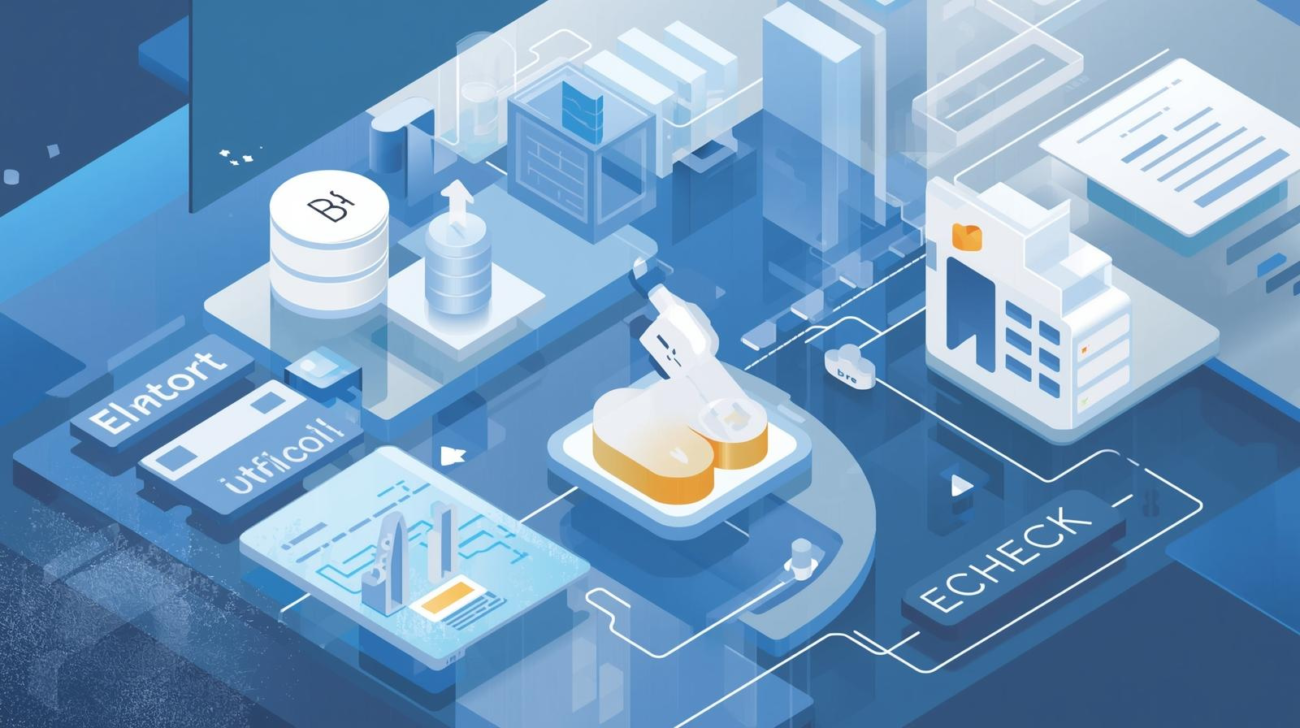
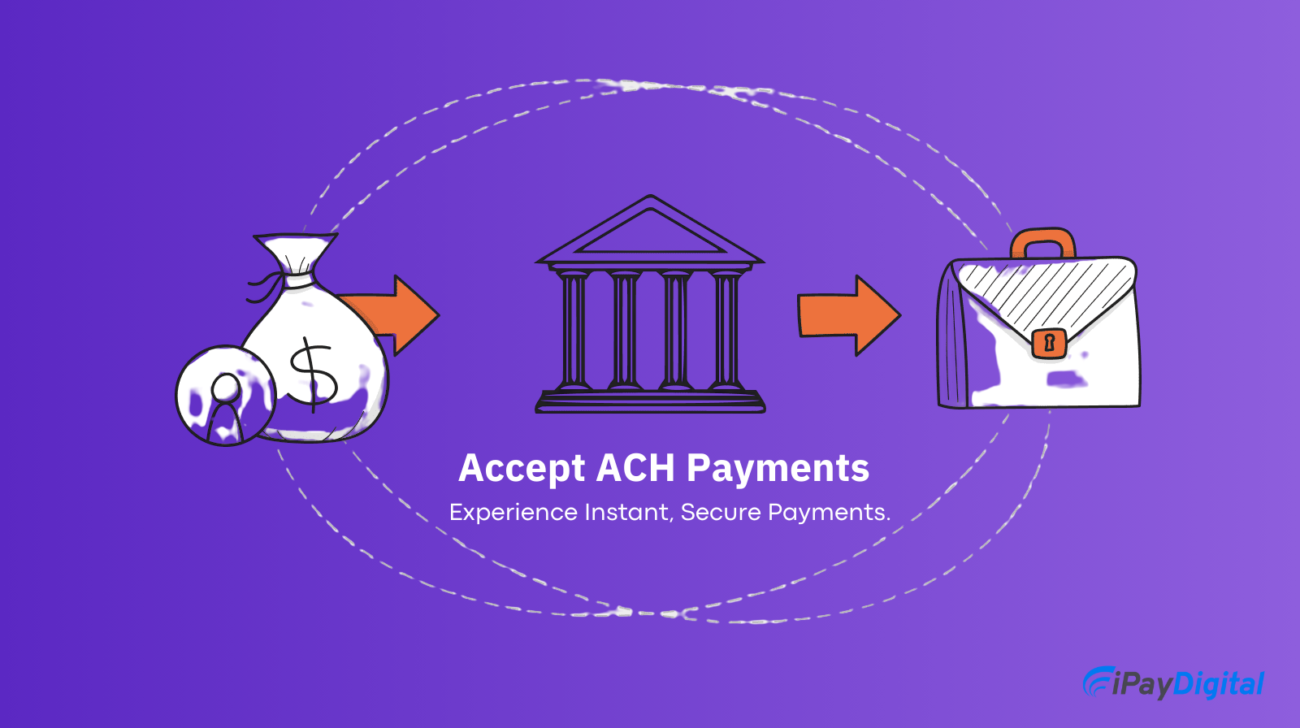
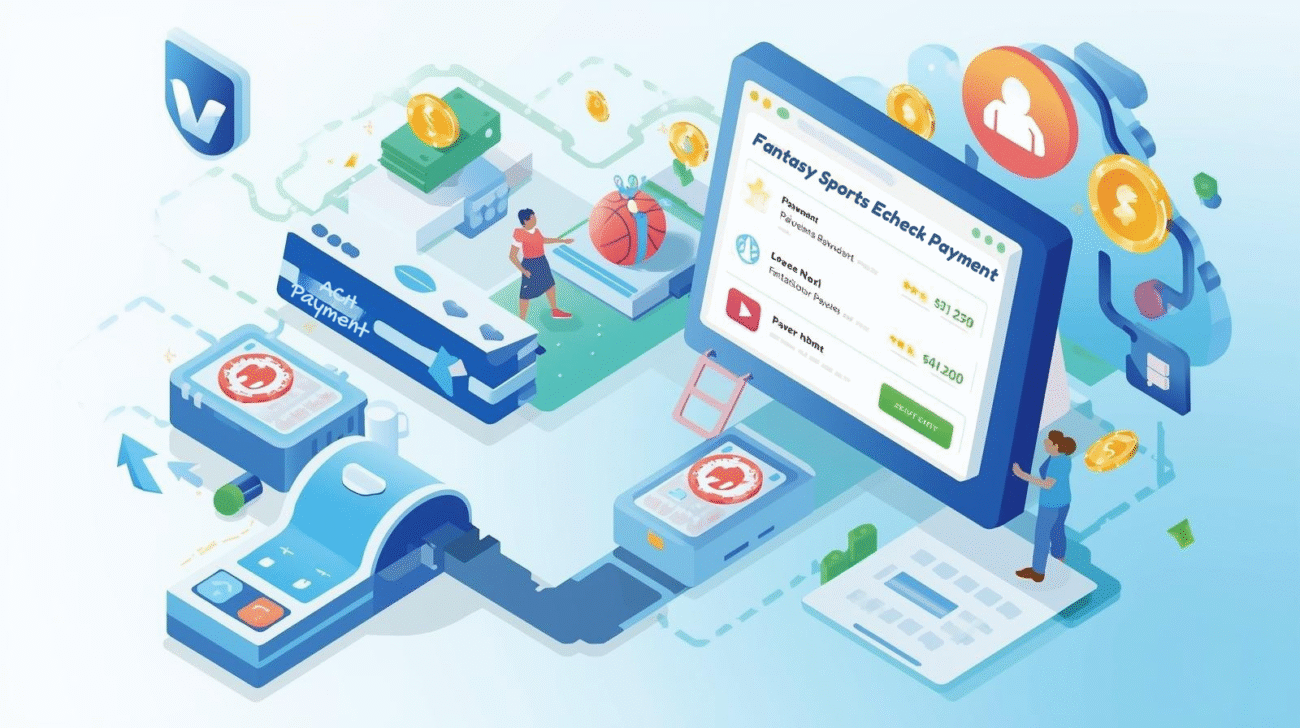
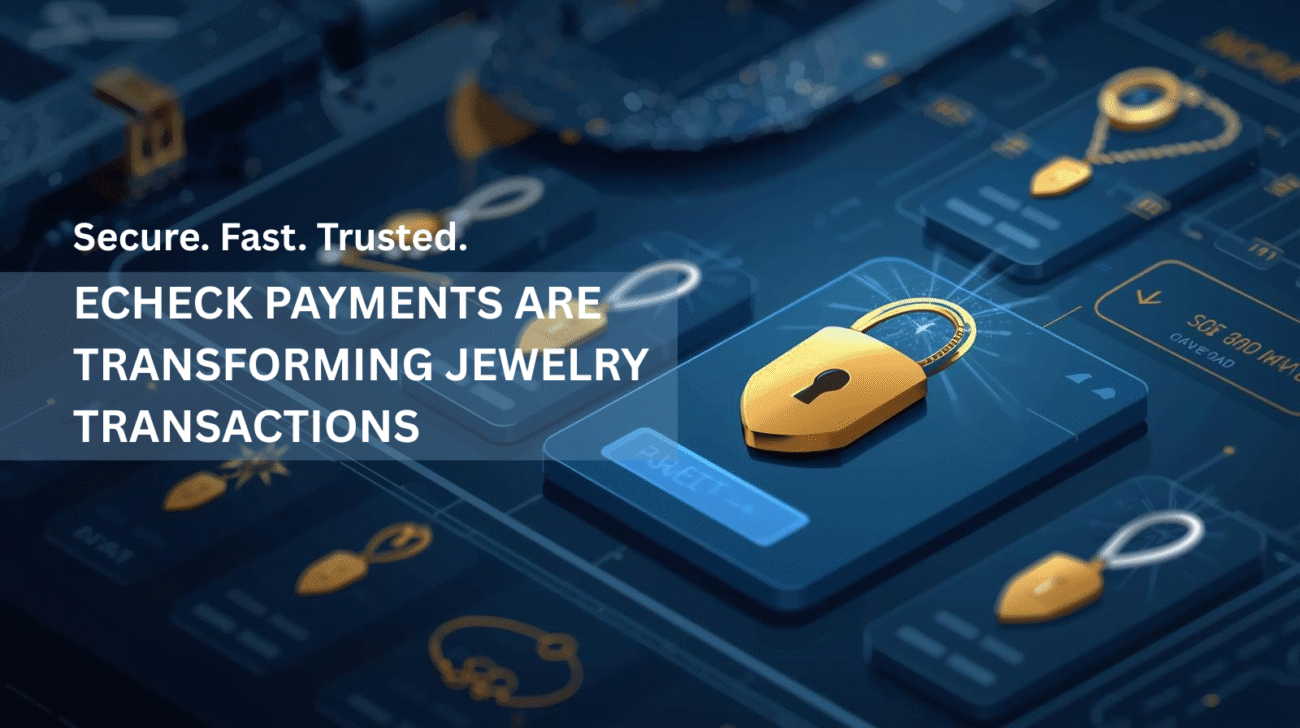
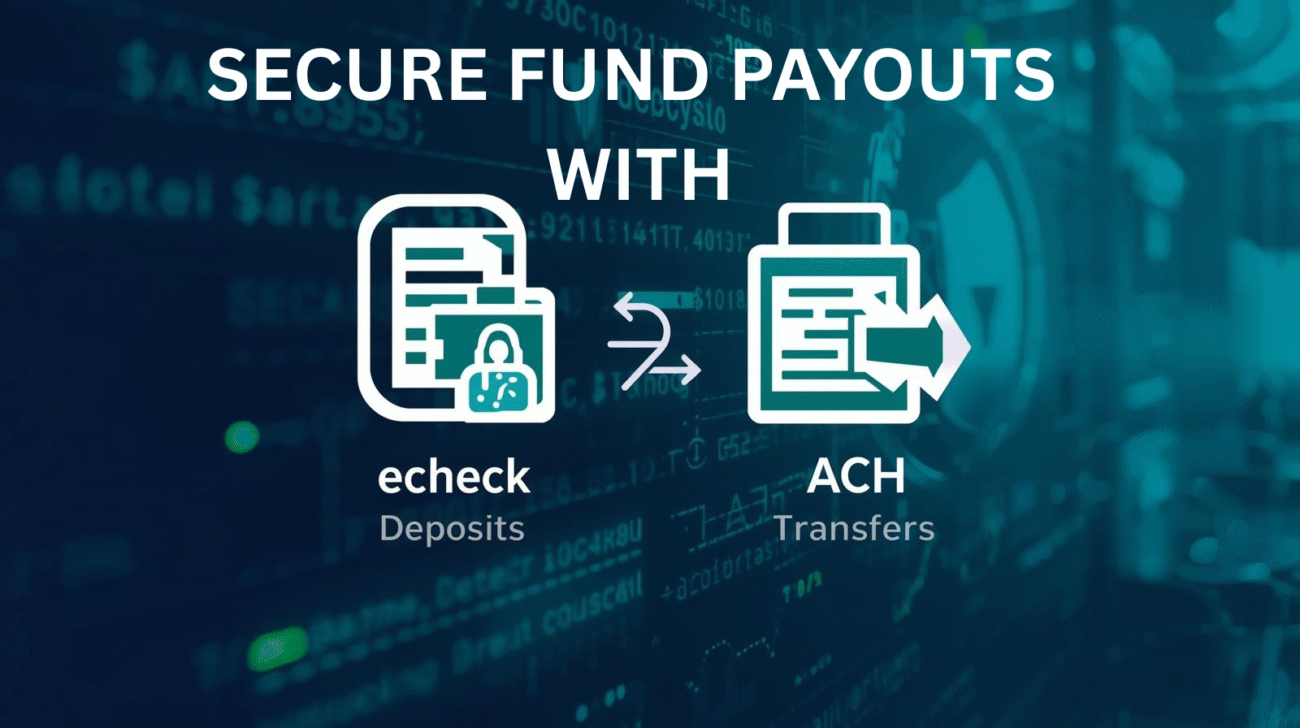
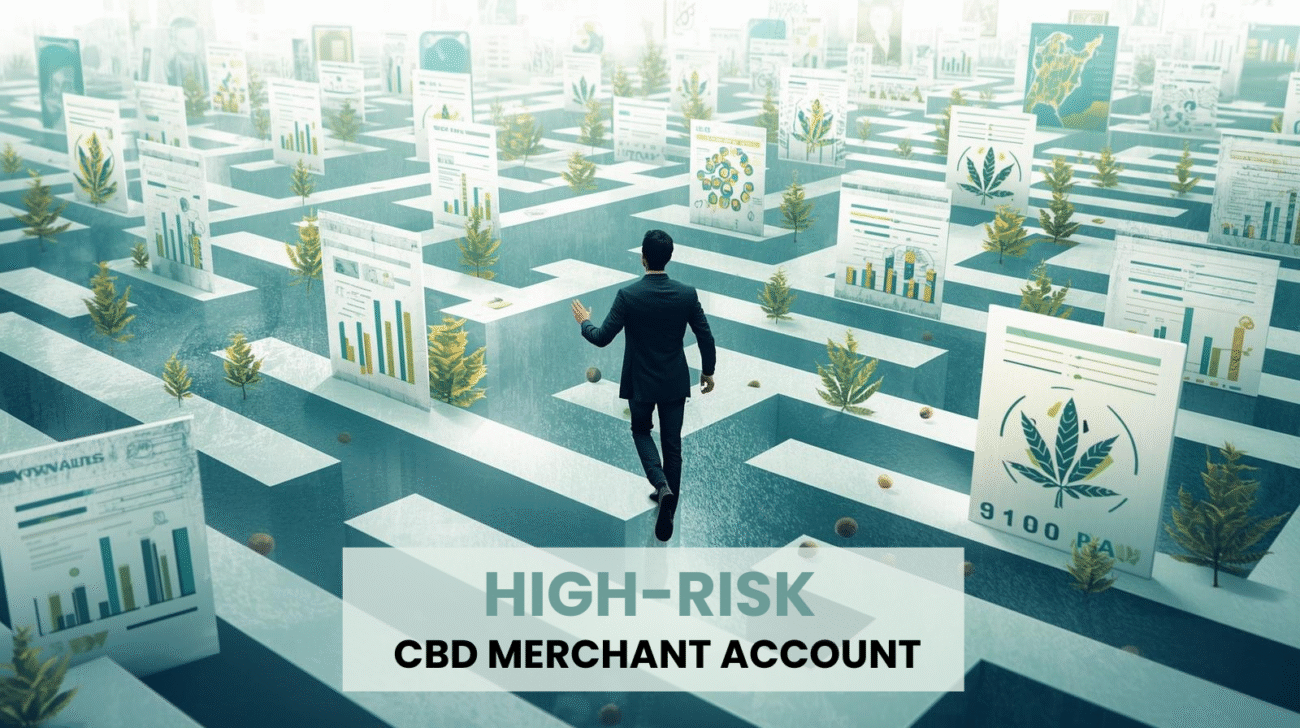

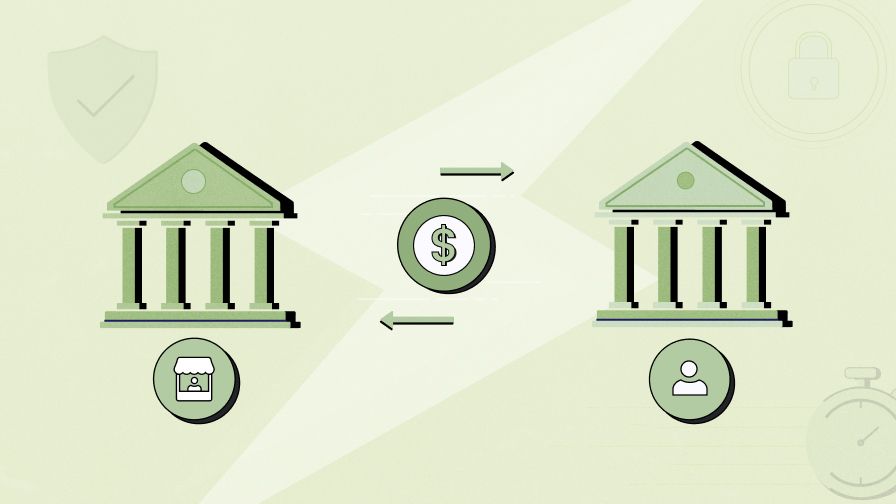
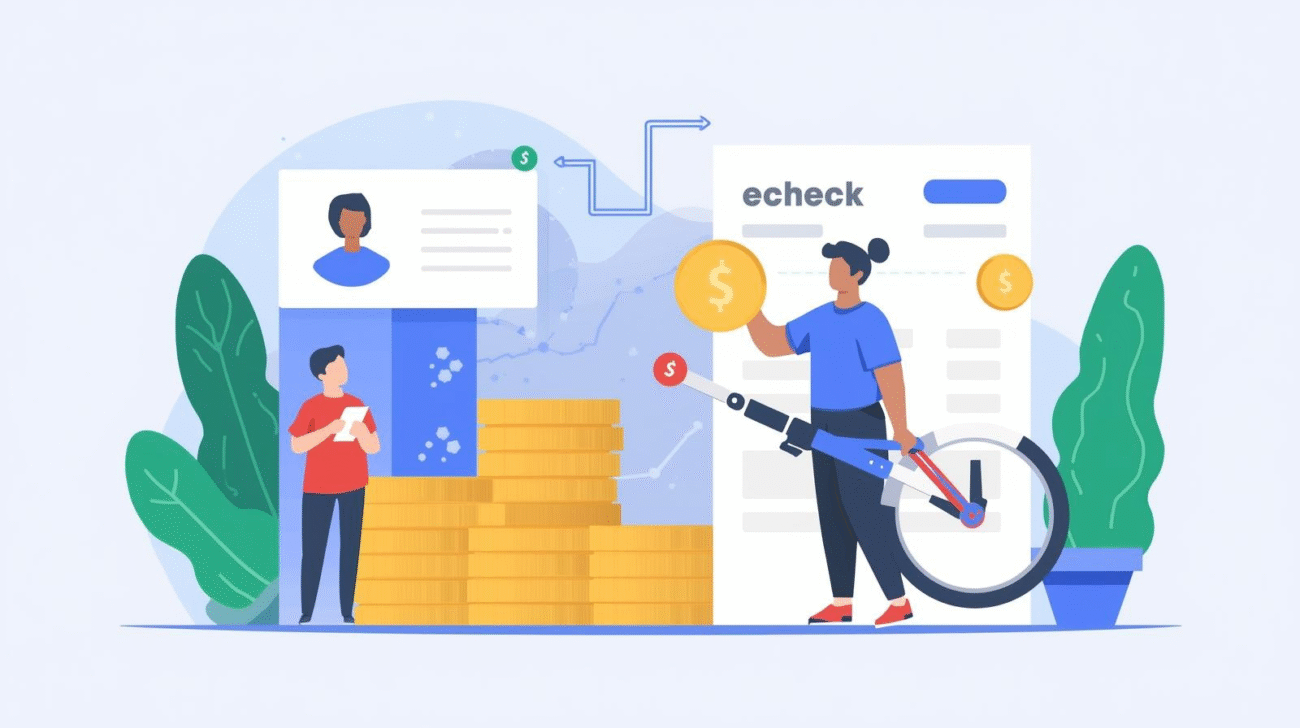


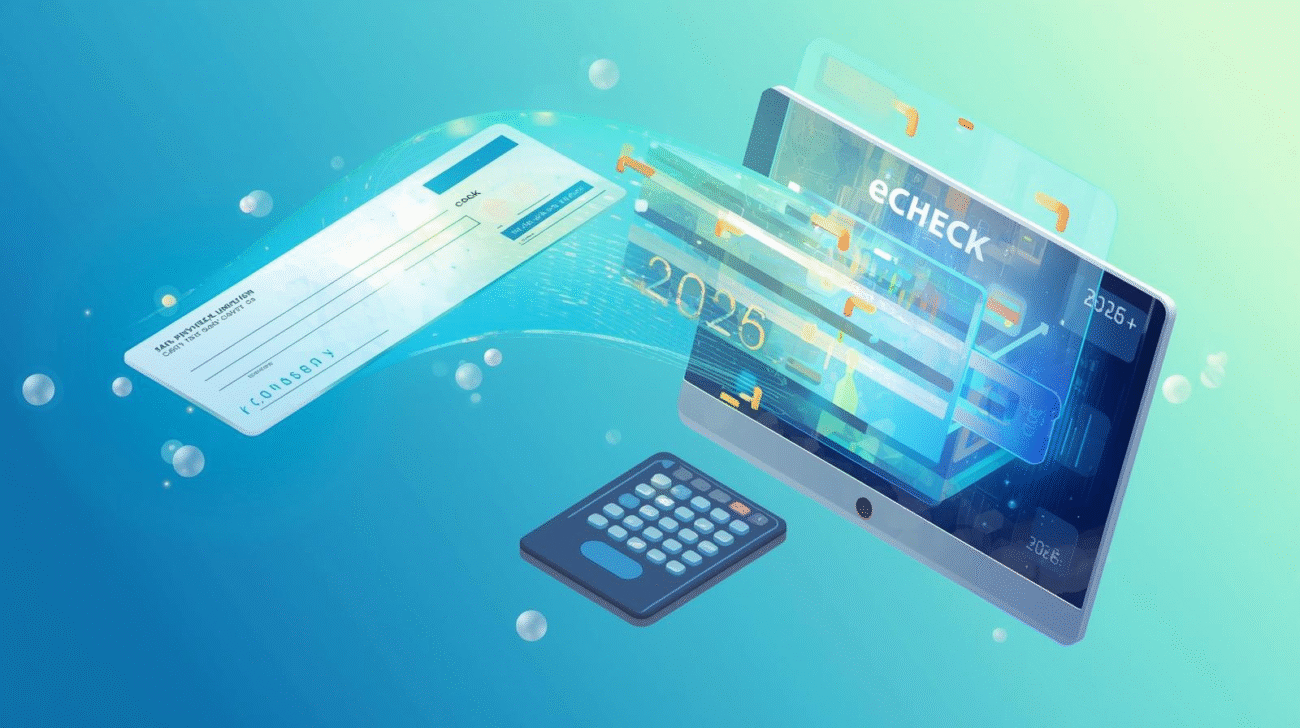

I think it’s great how eCheck processing offers a middle ground between traditional payments and digital solutions, especially as credit card fees rise. It seems like businesses can really benefit from offering this option for customer trust and convenience.